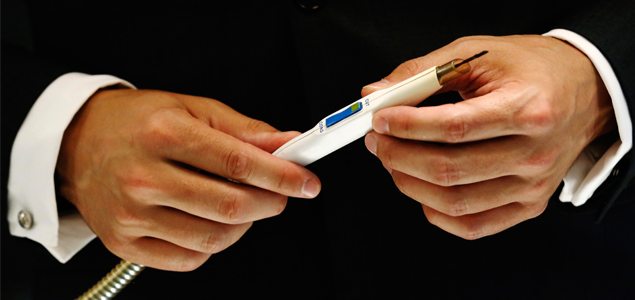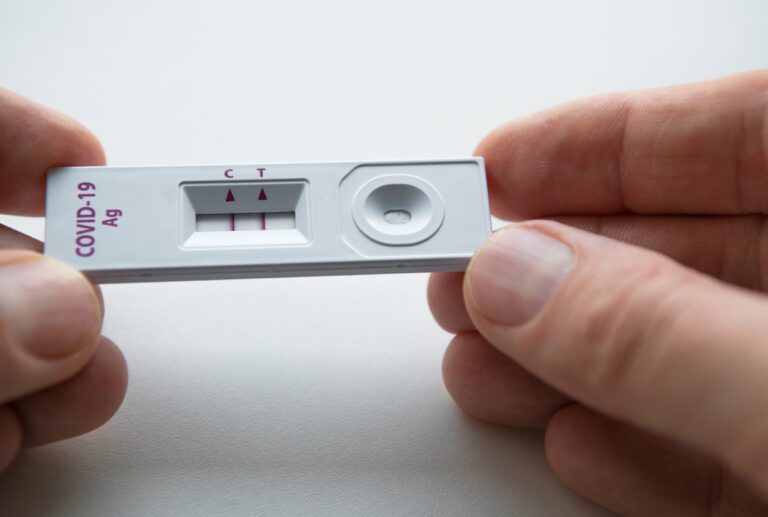Built by researchers at London’s Imperial College, the “iKnife” could see doctors cut back on extra operations needed to remove additional pieces of cancerous tumours.
The knife, which cuts through tissue using heat along with a mass spectrometer for close chemical study, was able to distinguish beef from horsemeat. The technology is groundbreaking for surgeons, who often struggle to identify where tumours end and healthy tissue begins, resulting in cancer cells often being left behind after surgery (one fifth of breast cancer patients who go under the knife require a second operation).
But the new iKnife samples the smoke omitted when tissue is cut through an electric current, to determine whether it is cancerous.
In its first patient trial, the iKnife diagnosed tissue samples from 91 patients with 100 percent accuracy, researchers at Imperial College London reported in Science Translational Medicine reported.
The current procedure sees patients remaining under general anaesthetic while tissue is removed to be sent to a laboratory for further testing. The whole procedure takes up to half an hour, while the iKnife provides feedback in less than three seconds.







